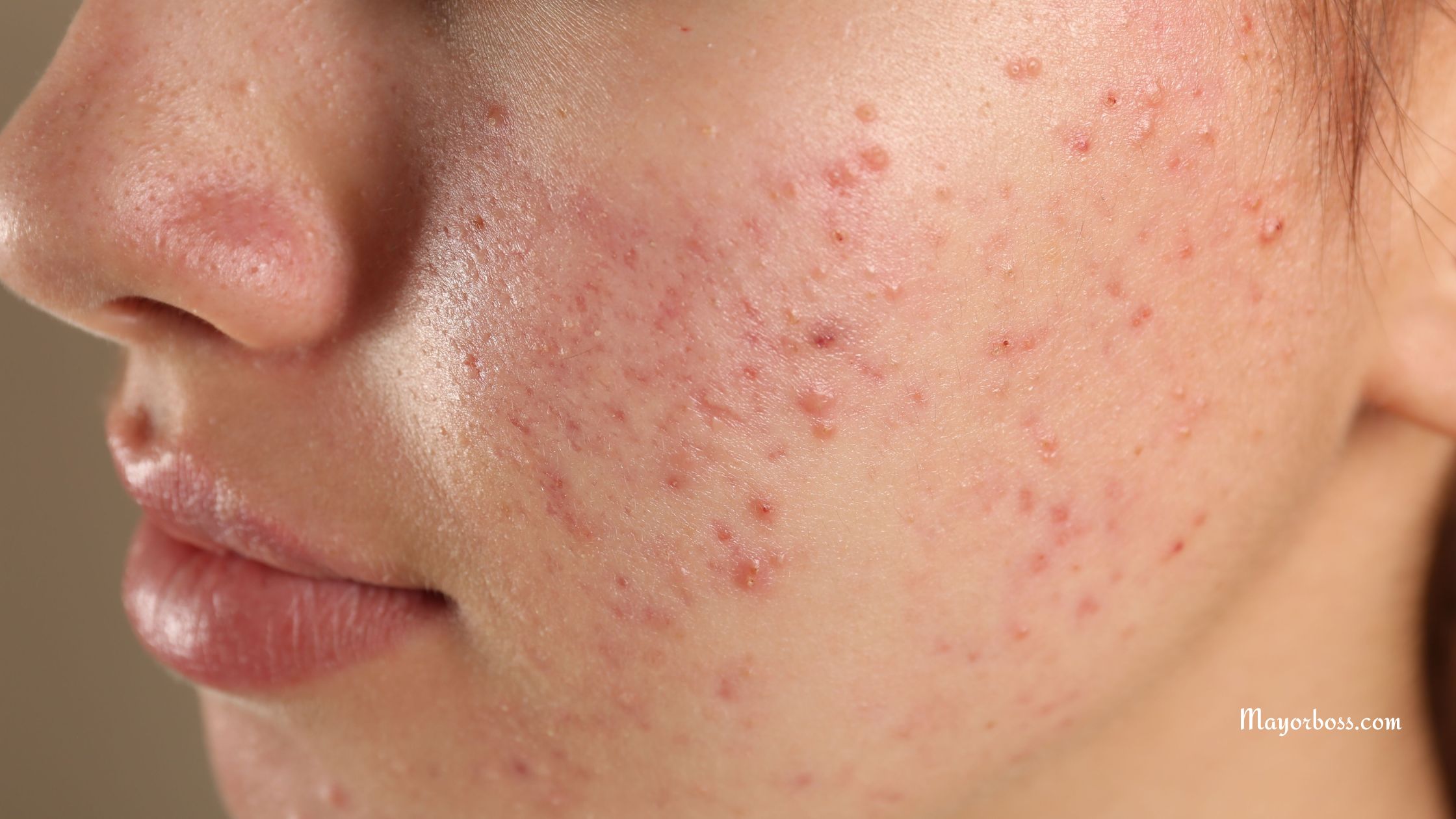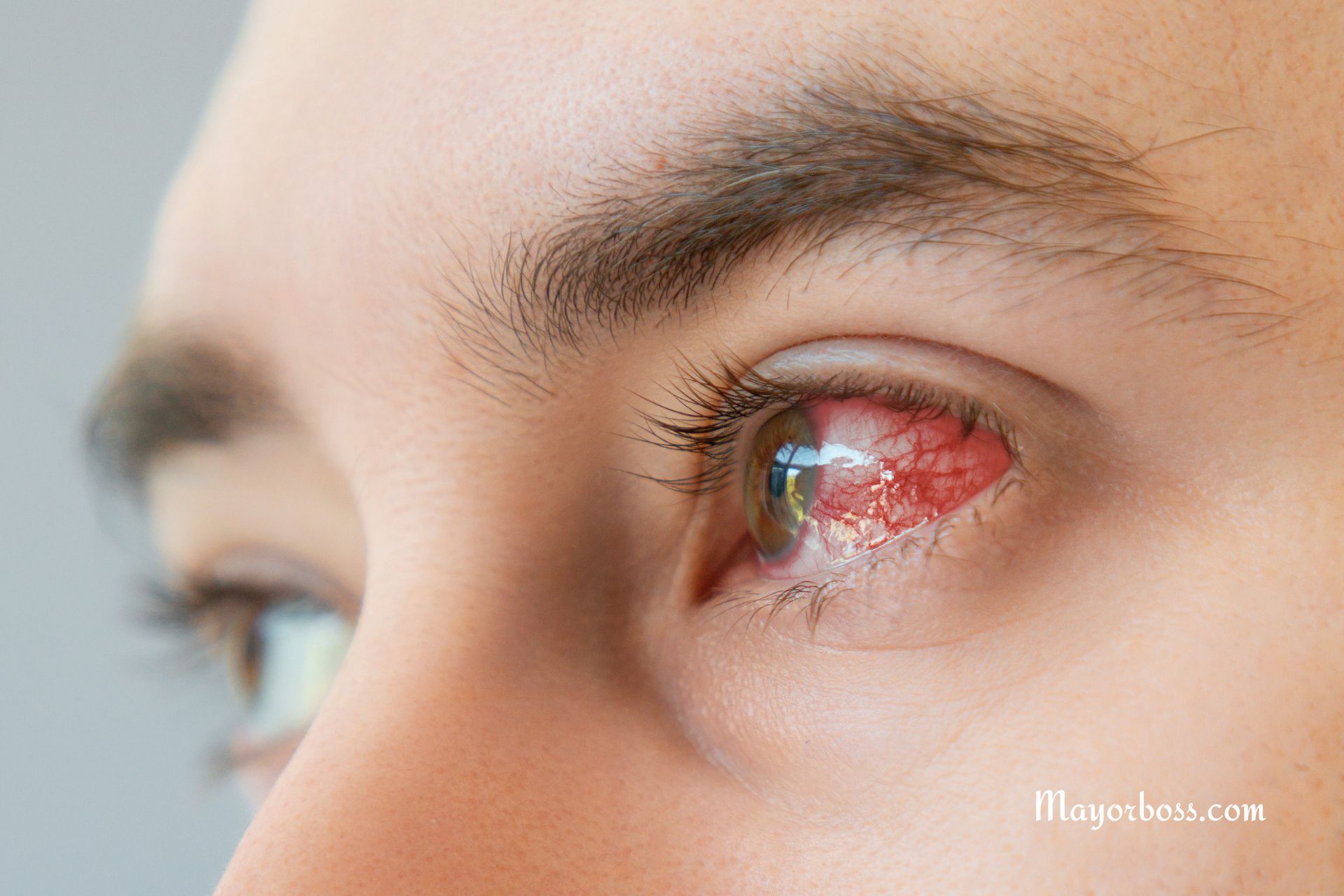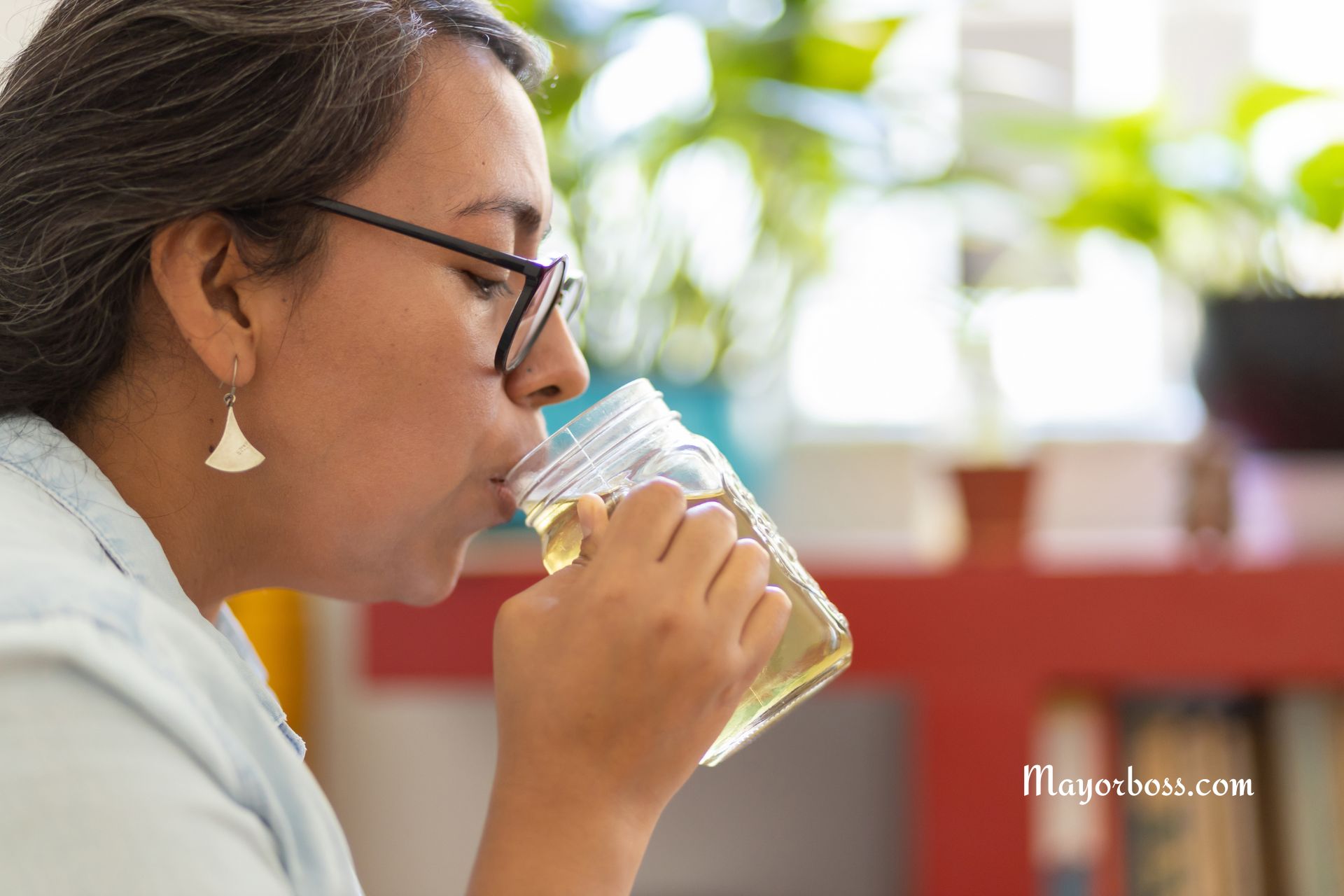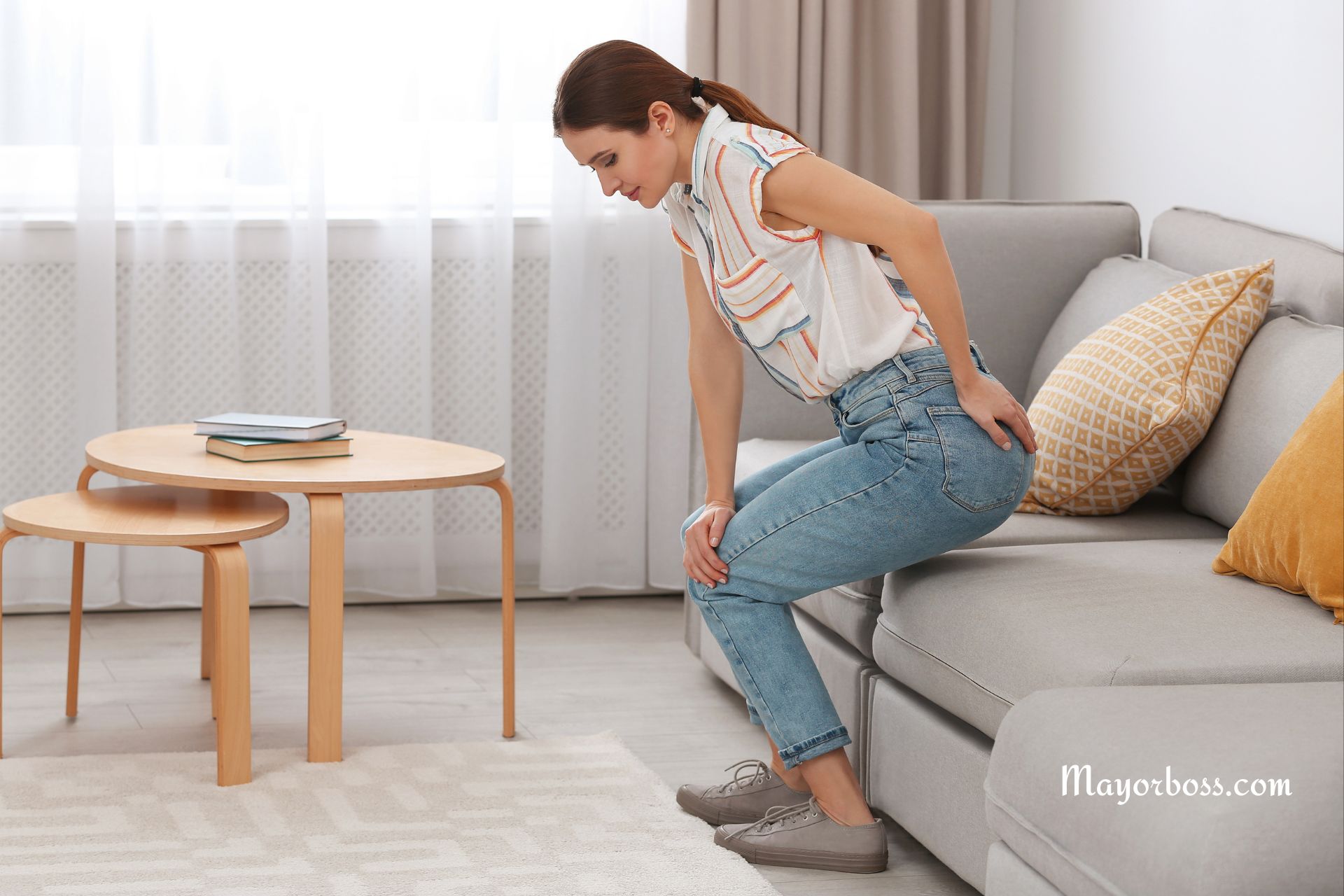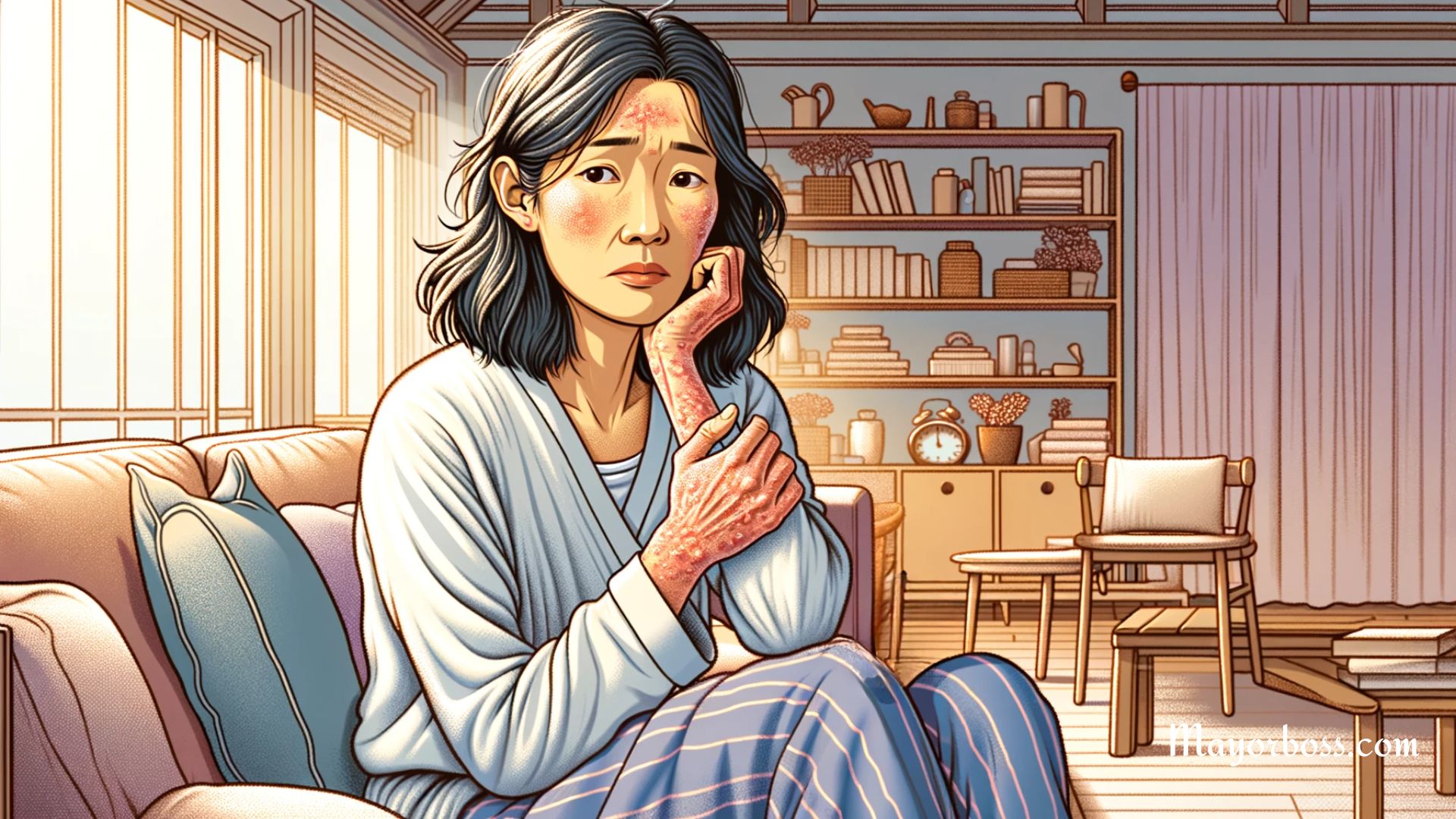Extreme Pollen Count: How to Protect Yourself as an Allergy Sufferer at Home!
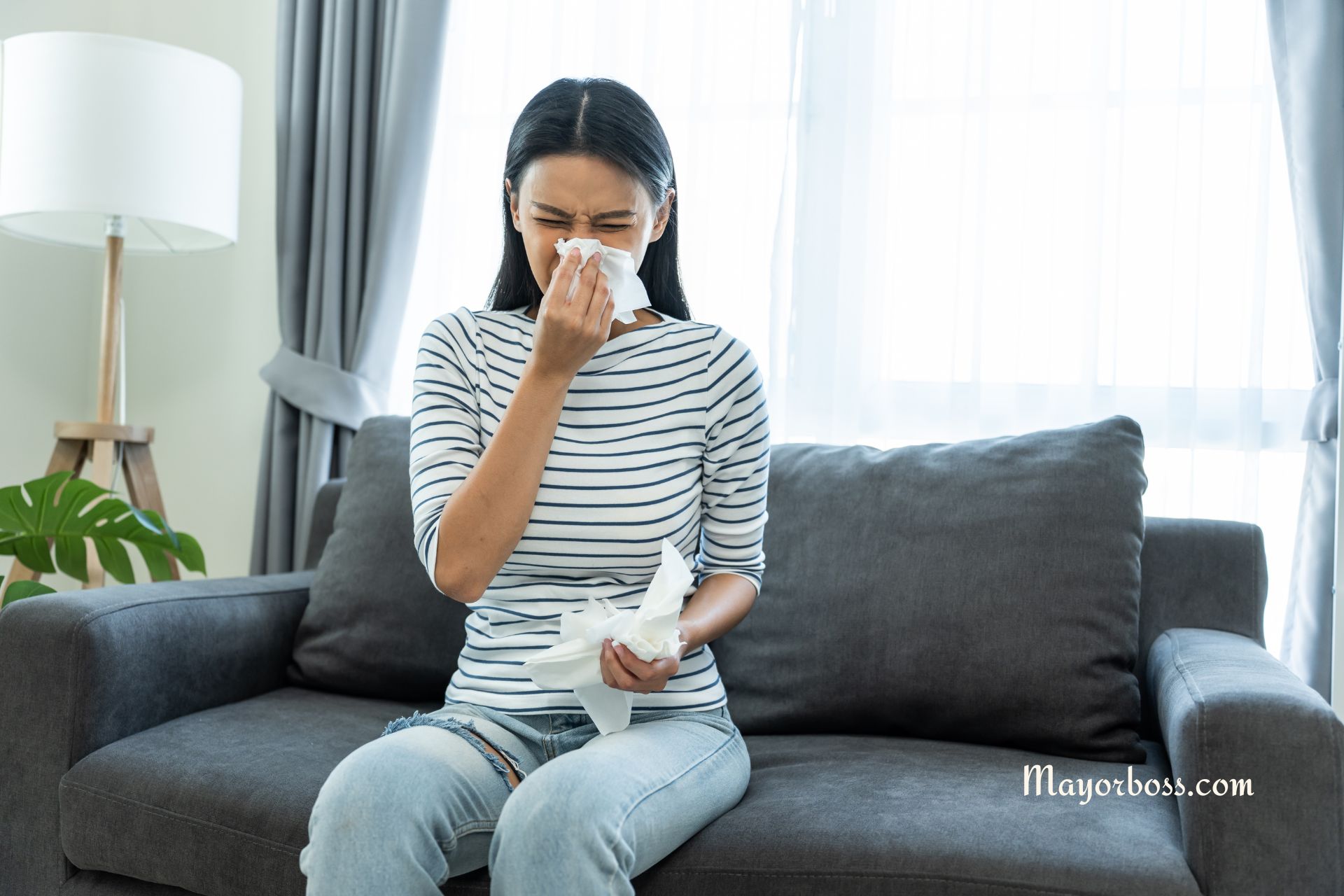
Allergy season can really take a toll on you, especially when pollen counts hit the roof. If you’re someone who battles with allergies, the high pollen levels can make your daily life uncomfortable. Here are some effective strategies to keep those annoying allergy symptoms at bay while you’re at home.
Understanding Pollen and Its Impact
Pollen is a fine powder produced by trees, flowers, grasses, and weeds to fertilize other plants. Unfortunately for allergy sufferers, when this tiny particle enters the nose of someone who is allergic, it triggers an immune response that can lead to an array of uncomfortable symptoms.
Common Symptoms of Pollen Allergies
You might be all too familiar with these symptoms, but let’s list them out:
- Sneezing
- Runny or stuffy nose
- Itchy eyes, mouth or skin
- Watery eyes
- Coughing
How to Minimize Pollen Exposure at Home
Since your home should be your sanctuary, let’s ensure it’s a pollen-free zone as much as possible.
Keep Pollen Out
First things first, keep those windows closed. It might be tempting to let in some fresh air, especially on a beautiful day, but this also invites pollen indoors. Instead, rely on air conditioning during high pollen seasons. Make sure your AC units have clean, high-efficiency particulate air (HEPA) filters to trap pollen.
Clean Regularly
Vacuuming at least twice a week with a vacuum equipped with a HEPA filter can dramatically reduce the presence of pollen in your home. Don’t forget to dust surfaces regularly too, using a damp cloth to trap and remove pollen.
Tackle Laundry Strategically
Pollen can cling to clothes, so change your outfit after you’ve been outside for extended periods. Better yet, shower and wash your hair before bed to remove any pollen from your body and keep your bedding clean.
Personal Care to Reduce Symptoms
Beyond adjusting your environment, personal care plays a big role in managing your allergy symptoms.
Over-the-Counter Medications
Antihistamines, decongestants, and nasal sprays can be effective in controlling your symptoms. Speak with a healthcare provider to find the best options for you. Moreover, eye drops can provide relief for itchy and watery eyes.
Stay Hydrated
Sipping plenty of fluids can actually help thin the mucus in your nasal passages, making it easier for you to breathe. Hot beverages like herbal tea can also be soothing.
Frequently Asked Questions
How often should I change the HEPA filters in my home?
You should replace the HEPA filters in your air conditioning and vacuum systems according to the manufacturer’s instructions, typically every three to six months, depending on usage.
Are there any natural remedies that can help with pollen allergies?
Yes, some people find relief using saline nasal rinses to flush out pollen from the nasal passages. Additionally, consuming local honey might help your body adapt to the allergens in your environment, although you should check with a healthcare provider before trying new remedies.
What’s the best way to track pollen levels?
Many weather websites and apps provide daily pollen forecasts. Checking these can help you plan your day and minimize exposure on days when the pollen count is particularly high.

